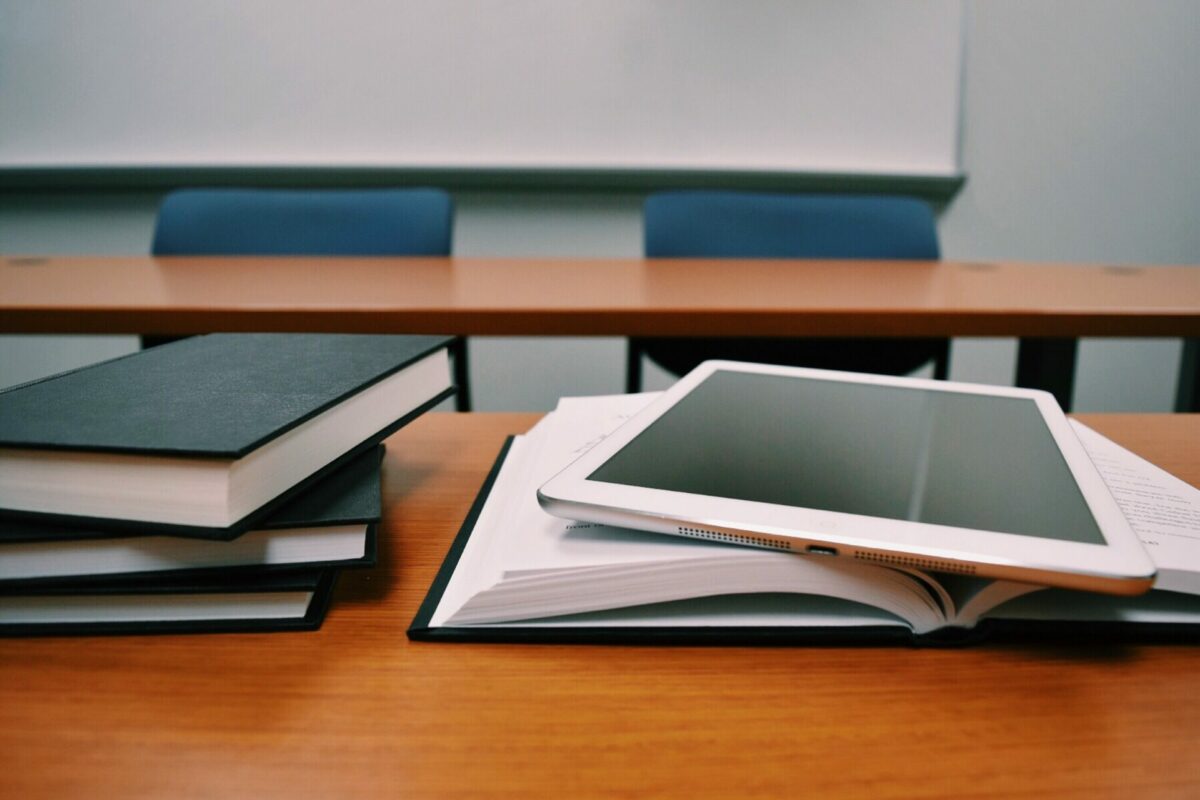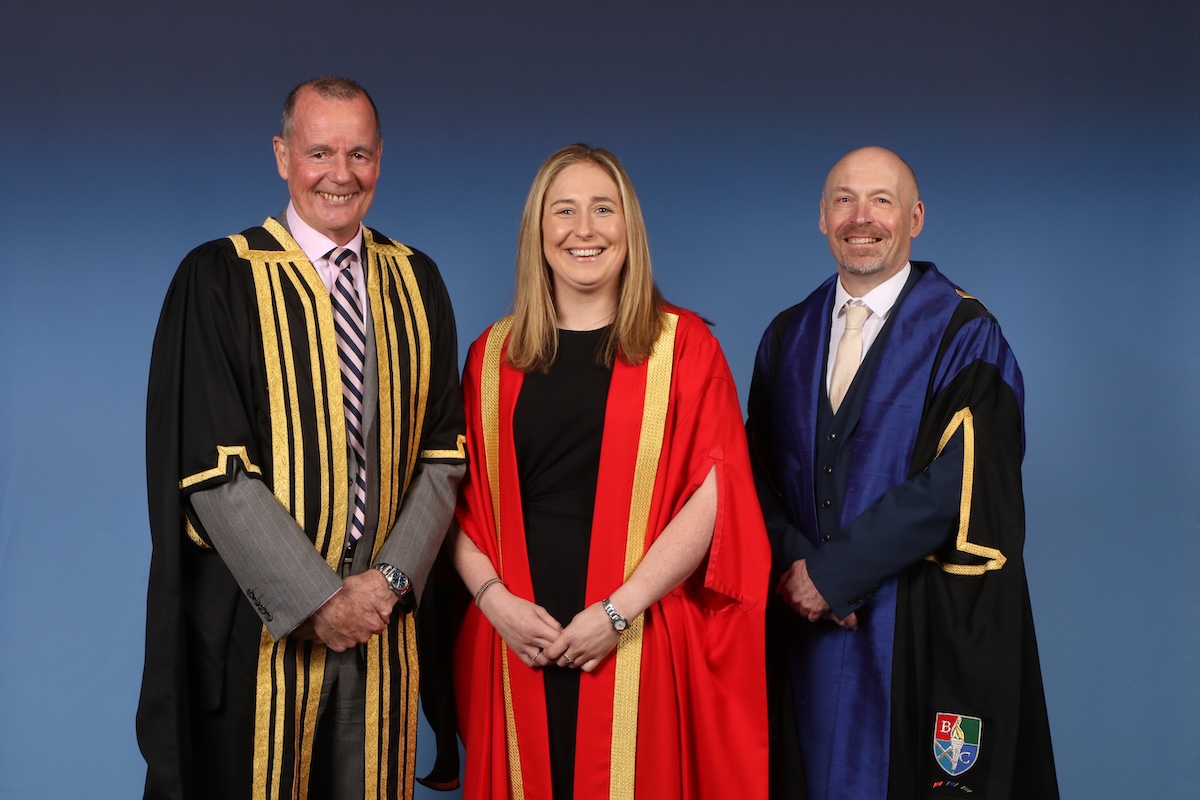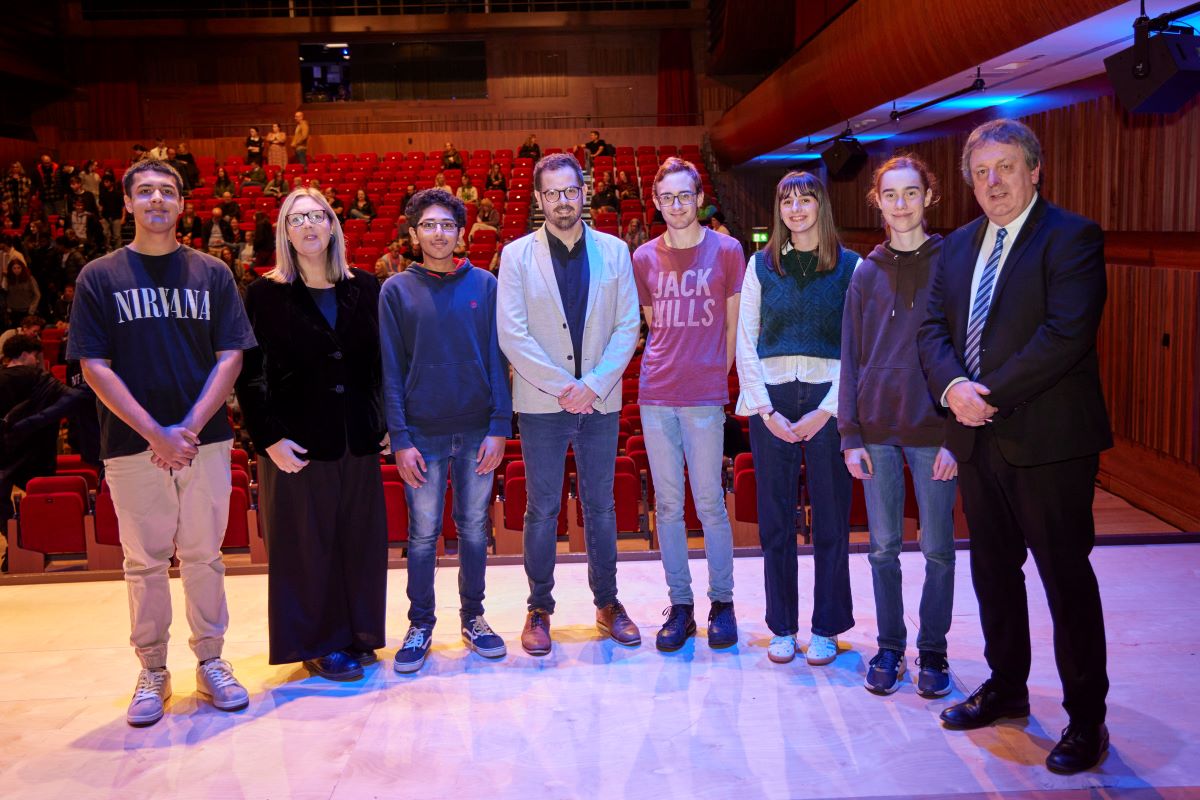UK Government will not fund any new collaborative reseach projects with Russia

UK boosts support for Ukrainian research community with £3m for new Ukrainian Researchers at Risk Fellowship scheme.
Government confirms it will not fund any new collaborative projects with Russia through UK research and innovation organisations. Measures are designed to negatively impact the Russian state without disrupting benign innovators or projects with global benefits
Ukrainian nationals involved in academic research will benefit from a £3 million package of support to continue their vital work in the UK, the UK Government has announced today [27 Mar].
The new Researchers at Risk Fellowship Programme will support Ukrainian researchers fleeing the conflict, as well as those already in the UK who are unable to return home.
The Fellowships will provide a salary, research and living costs for up to two years for these researchers and will be available across all disciplines for postdoctoral researchers or those with equivalent experience, aiming to support Ukraine in preserving its research ecosystem.
As the UK continues to further isolate Putin’s Russia in light of his illegal invasion of Ukraine, the Government has also announced it is halting funding to all research programmes found to have links to Russian state and institutional collaborators, and will stop all ongoing projects where they provide a direct benefit to the Russian regime. The UK will also not fund any new collaborative projects with Russia through its research and innovation organisations.
Science Minister George Freeman said:
“Science is a global force for good, and for peaceful cooperation in the face of the world’s most pressing challenges. These measures are yet another way we are standing united with Ukraine, its democratically elected government, and its brave people at this awful time.
“The UK has a proud history of world class science, underpinned by a commitment to freedom and sanctuary for those fleeing tyranny. Today we are taking a stand for science as a force for good and supporting Ukrainian researchers to come the UK.
“We will always support science where it is working to further international knowledge and discovery and to find solutions with global benefit, but it is only right that we take a stand against the Kremlin’s illegal invasion of Ukraine and the deplorable Putin regime.”
These measures are targeted towards the Russian state, as well as individuals and organisations with strong links to the Kremlin. A small number of other existing collaborations remain under review in order to further assess and ensure no future payments to institutions or individuals have any way of benefitting the Russian regime.
This action is directed towards Putin’s regime, not at individual Russian researchers and students, whom in many cases may oppose the actions of the Kremlin.
Our universities are already opening their doors to Ukrainian students and we are exploring ways to enable universities in the UK to partner with Ukrainian Universities in order to teach Ukrainian students remotely who are close to graduating, supporting them to complete their studies when they need it most.
Minister for Higher and Further Education Michelle Donelan said:
“Our world leading universities have always been underpinned by the core values of freedom and liberty, which is why I know they will support us now in taking action against the Russian regime and their illegal invasion of Ukraine.
“We are asking universities that have not yet done so to review any financial or academic research ties with Russia given the horrors the Kremlin is inflicting on the Ukrainian people.
“All universities should always carefully consider awarding honorary degrees and we specially expect those awarded to sanctioned Russian individuals to be quickly revoked to demonstrate that we stand united with Ukraine.”

The UK government is taking the following action:
- All payments for projects delivered through UK public research funds with a Russian dimension have been temporarily paused. The Secretary of State has commissioned an assessment, on top of the existing and strong due diligence processes of UK public research funders to isolate and freeze activities which benefit the regime.
- We will not fund any new collaborative projects with Russia through our research and innovation organisations.
- We have suspended existing government to government dialogue through our science and innovation network team in Russia including their collaborative science projects.
- Where the UK is a member of multilateral organisations, we are working at pace with partners to respond appropriately – holding Russia to account for its actions while diminishing and isolating its influence.
- We are standing up a £3m package of support for Ukrainian researchers at risk. This will be delivered through a fellowship programme that will support researchers and their families at UK research institutions.
The British Academy and the Council for At-Risk Academics announce new Fellowships for Researchers at Risk
The British Academy, the other UK National Academies and the Council for At-Risk Academics (Cara), a registered charity, have announced a new programme of Fellowships for Researchers at Risk (27th Mar).
This programme will support researchers at risk to continue their research in the UK for up to two years. The first priority for the scheme will be researchers based in Ukraine. The programme is receiving £3million of government funding from the Department for Business, Energy and Industrial Strategy. The Nuffield Foundation, an independent charitable trust, is contributing £0.5 million towards the scheme.
The Fellowships will provide financial support to cover salary, research expenses and living costs as well as visas. Host institutions will be asked to identify at least six months’ accommodation for the researcher and their dependents.
The lead body for this programme will be the British Academy on behalf of the UK National Academies working in partnership with Cara.
The Fellowships programme is the latest collaboration between the British Academy and Cara, which share a proud history of supporting at-risk academics. In the 1930s Fellows of the British Academy, including William Beveridge, helped to set up the Academic Assistance Council (AAC), a rescue mission for endangered researchers and intellectuals which later became Cara.
Thanks to Cara, the UK became a place of sanctuary for many German academics who were forced out of their positions by the Nazi regime and later for at-risk academics from Stalinist Russia, communist regimes in Eastern Europe, apartheid South Africa and many other troubled regions. Cara’s work continues today, worldwide; and the skills and expertise of those who have been rescued over the last eighty-nine years have made, and continue to make, an extraordinary contribution to British scientific, cultural and intellectual life. The programme being launched today will build further on this important work.
Professor Julia Black, President of the British Academy, said:
“The Russian invasion of Ukraine has exposed Ukraine-based researchers and their dependents to immediate threat. There is an urgent need to provide support for these researchers away from the war to enable them and their dependents to get to safety andhave the ability to continue their work. There is a wider issue of researchers at risk around the world and we hope over time to secure funding to broaden access to this scheme. The British Academy has a long involvement in work like this stretching back to the 1930s when our Fellows helped eminent scholars such as Claus Moser and ErnstGombrich come to the UK, who went on to play an important role in the cultural and intellectual life of the country.”
Stephen Wordsworth CMG LVO, Executive Director of the Council for At-Risk Academics (Cara), said:
“We are delighted to be working with the British Academy, and through them with the other National Academies and BEIS, on this important new initiative to rescue at-risk academics. Nearly ninety years ago, our founders defined our mission as ‘the relief of suffering and the defence of learning and science’. Today, academics around the world are still caught up inconflicts, and being targeted by despots and extremists. Yet they carry in their heads the accumulated intellectual capital of their societies;so it is vital to save them now, so that one day they can return to help build better, safer societies. We hope that this new initiative, born of the urgent need to save those caught up in the horrors of war in Ukraine, will be a further contribution to this vital work, going on over time to help academics at risk around the world.”
Professor Sir Keith Burnett, Chair of the Nuffield Foundation, said:
“The Nuffield Foundation whole-heartedly supports this endeavour to help academics and their families whose lives and livelihoods are at risk from the conflict in Ukraine.
“Support for research and researchers has been central to the Nuffield Foundation’s mission to advance social well-being since its inception amidst the brutality of the Second World War, as articulated by the commitment to ‘scientific research and the development of education’ in our founding trust deed.
“We hope that the Nuffield Foundation’s contribution to the Fellowship programme will help provide safety and solidarity for academics at risk to continue their valuable work from the UK.”











Responses